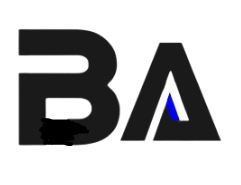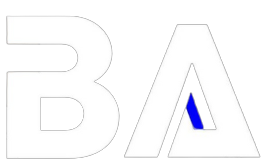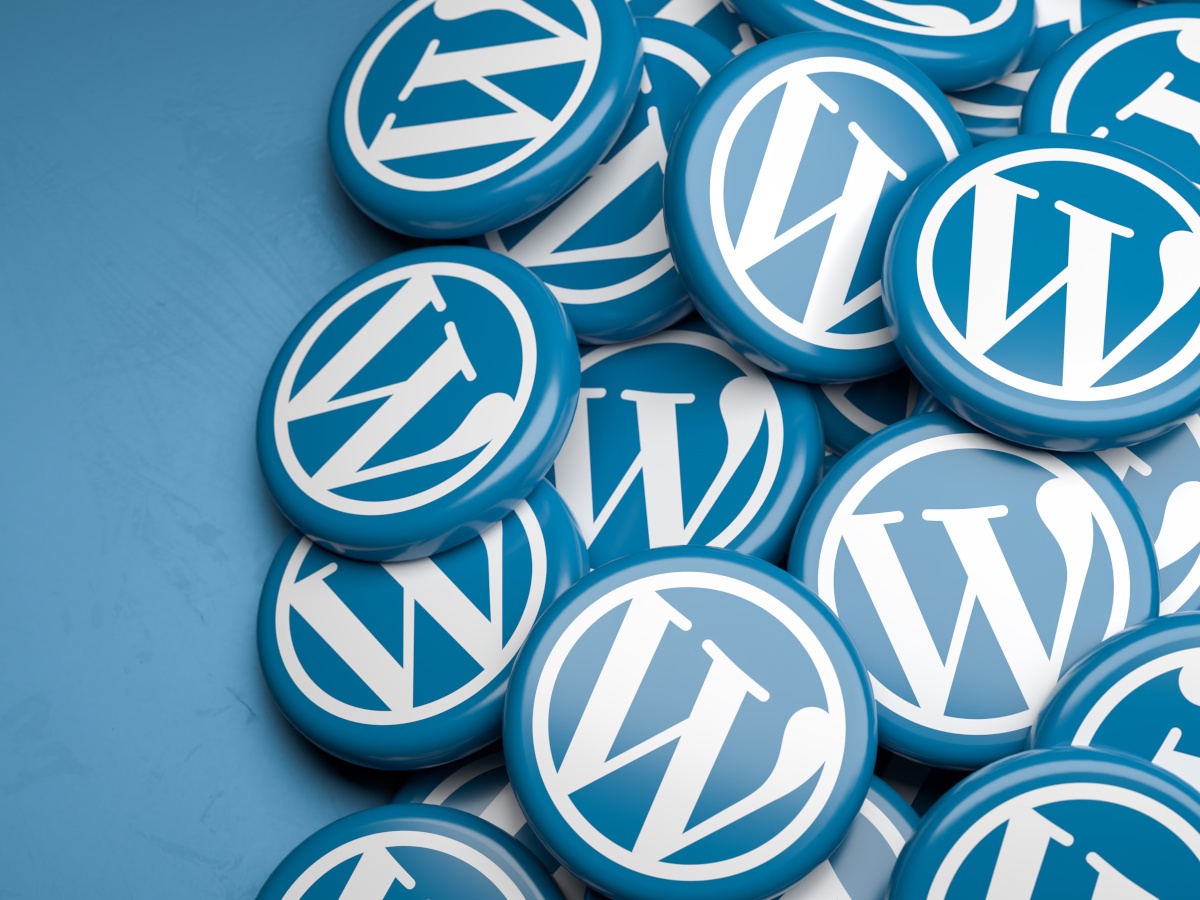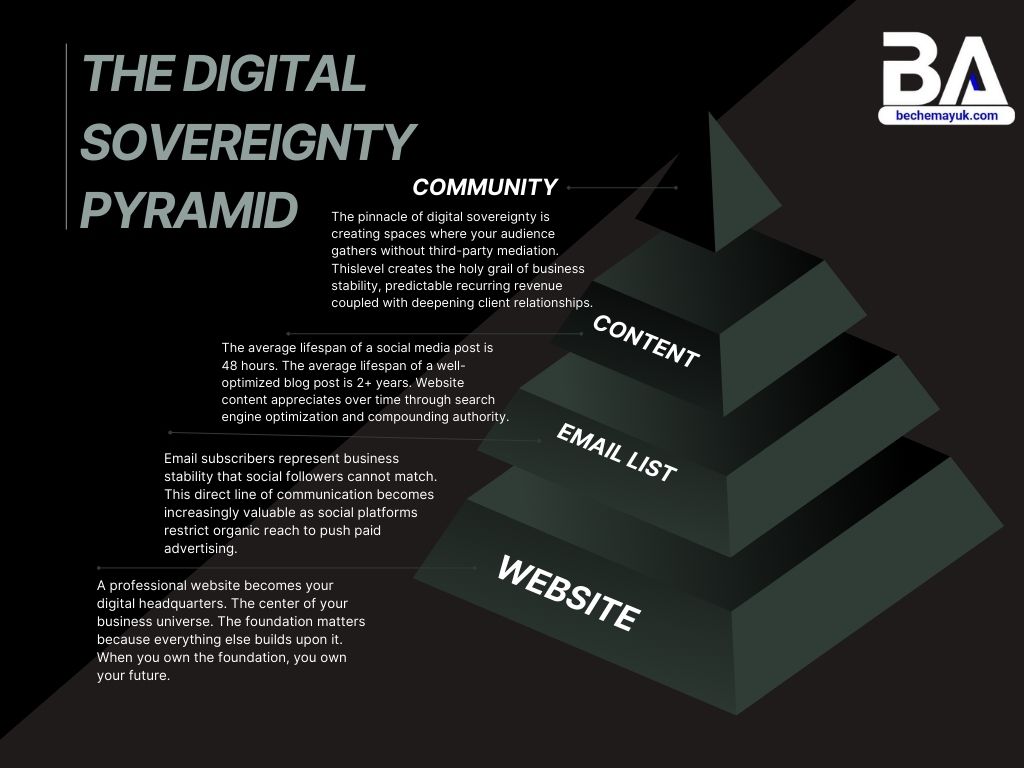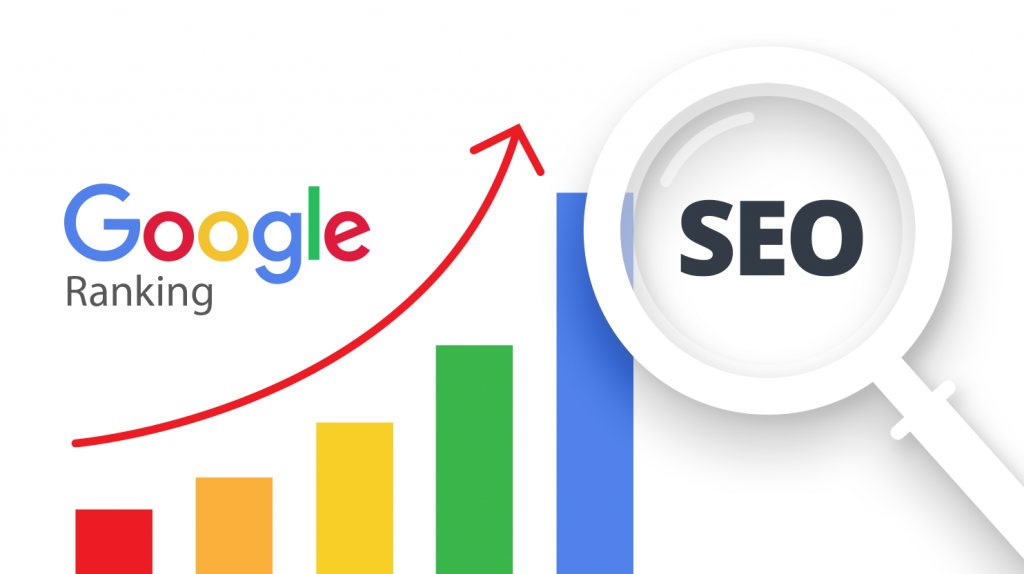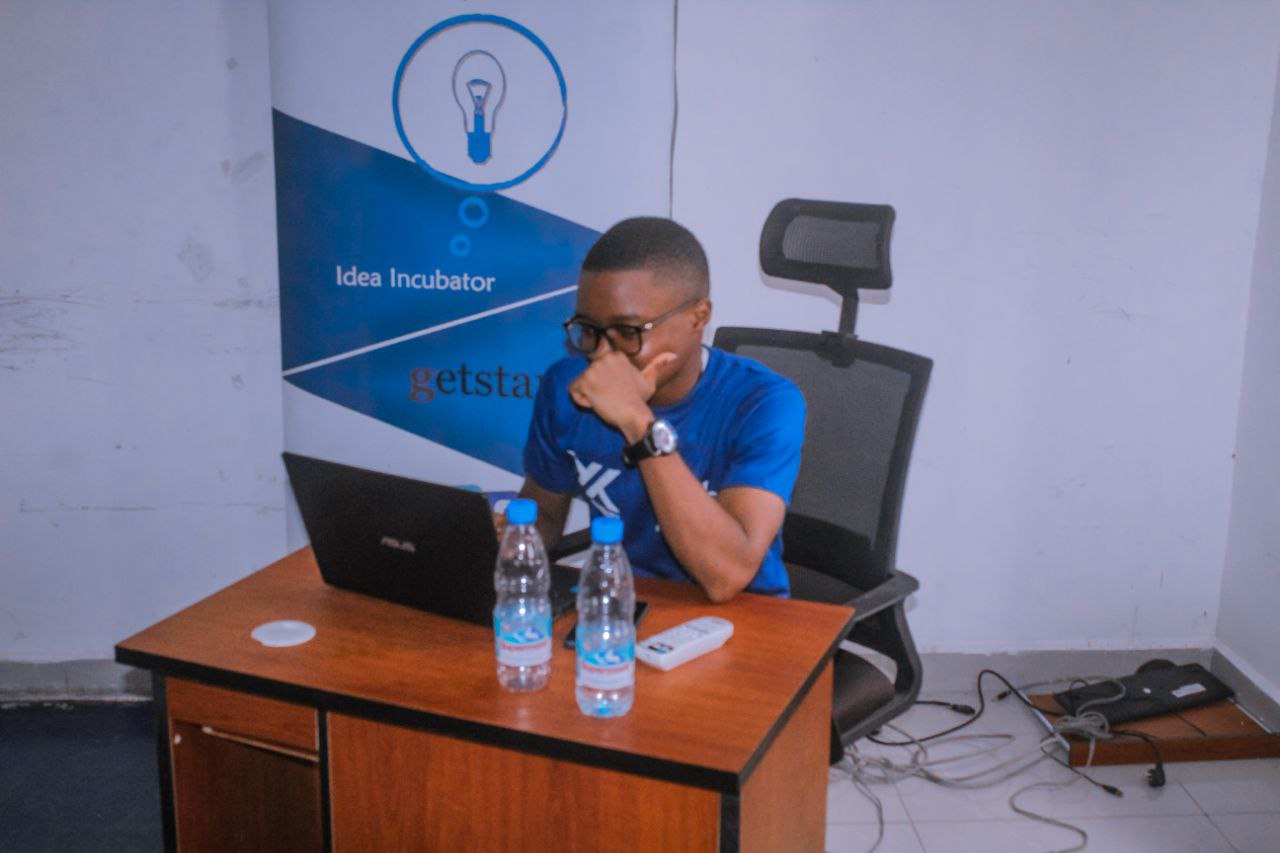Back in 2003, two college students, Matt Mullenweg and Mike Little, released this blogging platform that seemed pretty basic.
While other platforms were building complex systems that required a computer science degree to operate, WordPress said “Hey, what if regular people could just make websites?”
And it worked. Today, over 40% of all websites run on WordPress. Your favourite restaurant’s website? Probably WordPress. That massive news outlet you read every morning? Also WordPress. Even your competitor’s slick-looking business website? Yep, WordPress.
Why did it take off? Because it’s free, open, and simple. You don’t need to code to make a site that looks pro. With plugins and themes, you can add a shop, a booking system, or a slick design in a few clicks.
The internet changed everything. WordPress made sure anyone could change with it.

Then Things Got Messy
Every utopia eventually faces its reckoning. WordPress’ came in September 2024.
It hit a rough patch. One of the guys who started it, Matt Mullenweg, openly criticized WP Engine(a WordPress hosting company) in an article for not contributing enough to the WordPress community and even called it a “cancer to WordPress”.
Lawsuits started flying. Access to plugins got restricted. The WordPress community watched their usually peaceful platform turn into a corporate battlefield.
It was like watching your parents fight… uncomfortable and concerning for everyone involved.
Suddenly, websites were at risk, updates were stuck, and people started wondering: Can I trust this?
But the thing about these kinds of conflicts is that they usually reveal bigger problems that were already there. And the WordPress community realized that for an “open” platform, there were still a lot of choke points controlled by just a few people.
They realized that it’s not so open after all. So… they did something about it.
What is the FAIR Project?
Sometimes the most important innovations happen when things fall apart.
Out of this mess came something called the FAIR Project.
FAIR stands for “Federated and Independent Repositories”. Basically, it’s a new way to distribute WordPress plugins and themes that doesn’t rely on one central authority controlling everything.
Right now, if you want WordPress plugins, you mostly go to one big store (the official WordPress repository). The FAIR Project is like creating a network of smaller, specialized stores that all work together but aren’t controlled by any single company.
The Linux Foundation is backing it, along with about 300 WordPress veterans who got tired of the current limitations.
But I think the real genius here is just as psychological as it is technical. FAIR recognises that humans need alternatives. Not because the current system is necessarily bad, but because a monopoly breeds complacency. Competition breeds excellence.
Why This Matters for Solopreneurs
Okay, so why should you care about any of this? Let me break it down.
1. Better Security and Reliability
First, your websites will be more secure. The current WordPress plugin system has some issues, like the fact that more than half of plugin developers don’t fix security problems quickly enough. FAIR addresses this by having better security standards and multiple sources for the same functionality.
If one repository goes down or has problems, you can switch to another one without losing your plugins or having your site break. That’s peace of mind you can’t put a price on.
2. Freedom from Platform Risk
Depending too heavily on any single platform is risky business. We’ve all seen what happens when platforms change their rules, raise their prices, or just decide they don’t want your business anymore.
FAIR reduces this risk for WordPress. Instead of hoping the main WordPress ecosystem stays friendly to your needs, you have alternatives. That’s not just technical security – that’s business security.
3. Innovation Will Speed Up
When developers have more places to distribute their work and fewer restrictions on what they can build, they build better stuff faster. This means more tools designed specifically for small businesses and solopreneurs.
Instead of generic solutions that kind of work for everyone, you’ll see more precise tools built for exactly what you need.
The Bigger Picture
But let’s zoom out for a second because there’s a bigger lesson here.
This whole WordPress situation is happening everywhere in tech right now. Platforms that used to be open and friendly to small businesses are becoming more restrictive and expensive.
Social media platforms change their algorithms. App stores change their rules. Hosting companies get bought by bigger companies that care less about customer service.
The smart move is to build your business in a way that doesn’t depend too heavily on any single platform. FAIR is just one example of how alternatives are being built.
When you understand this pattern, you start making different decisions. You diversify your traffic sources. You own your email list. You choose tools that give you more control and portability.
What You Should Do About It
Don’t rush to change everything tomorrow. FAIR is still new and needs time to mature. But start paying attention.
Here’s what I’d recommend:
- Keep an eye on FAIR’s development. As more repositories launch and prove themselves reliable, consider gradually moving some of your plugin sources over. Start with non-critical plugins first.
- Audit your current dependencies. Look at all the platforms and services your business depends on. Where are your single points of failure? WordPress might be one, but it’s probably not the only one.
- Build optionality into your business. This doesn’t mean constantly switching platforms. It means choosing solutions that give you multiple exit routes if you need them.
The Real Opportunity
The thing that excites me about FAIR and similar projects is that they represent a shift away from “take it or leave it” platforms toward more flexible, competitive ecosystems.
This is good for solopreneurs because it means more options, better service, and lower costs over time. But it also means you need to be a bit more thoughtful about your technology choices.
The solopreneurs who thrive in this environment will be the ones who understand the difference between tools they control and platforms that control them. WordPress with FAIR gives you more control. That’s worth paying attention to.
Looking Forward
Will FAIR completely revolutionize WordPress? Maybe, maybe not. Will it give solopreneurs more options and reduce some risks? Almost certainly.
The important thing isn’t to predict exactly how this plays out. It’s to position yourself to benefit from positive changes while protecting yourself from negative ones.
FAIR is just one small example of a much bigger trend toward decentralization and user control in tech. The solopreneurs who recognize this trend early and adapt their businesses accordingly will have significant advantages over those who don’t.
So yeah, WordPress just got better. But more importantly, the future of small business technology is getting more interesting. And that’s definitely good news.
Thank you so much for reading. If you liked this, please share so more solopreneurs can see it.
Also, visit my store to get valuable resources on everything you need to know to build your solopreneur website.
Or if you’d rather skip the tech headache, «hire me to build it for you.»
